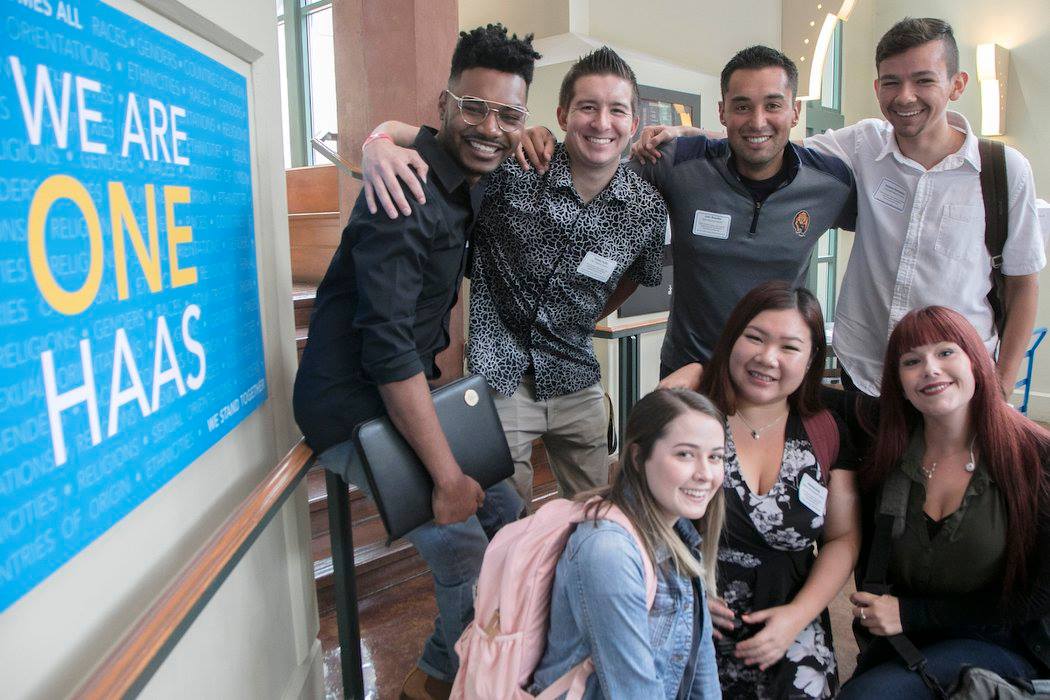Boston College, Carroll School of Management
BC is PC – as in “pretty cool.” Just ask Carroll alumni, who recommend their alma mater to a higher degree than any other.
This year, Carroll made the splashiest debut in P&Q’s undergraduate business school. Finishing 9th overall, Carroll’s performance was buoyed by stellar results in P&Q’s alumni survey. Namely, the program notched the highest score when alumni respondents were asked whether they would recommend their school to a close friend or colleague. On a ten point scale, Here, Carroll alums gave the program a near perfect 9.91. That wasn’t the only area where the school excelled. When it comes to quality of teaching, Carroll produced the second-best score – the same finish as when alumni were asked about the quality of its alumni network and students’ ability to connect with employers and practicing professionals. And the program ranks among the best when it comes to career preparation, skill development, and academic advising.
What’s behind Carroll’s success? You could start with the program’s Jesuit philosophy, which is predicated on “cura personalis.” This translates to “care for the entire person,” an educational mission to tend to students’ moral, emotional, and spiritual growth and well-being. This is embodied in Carroll’s stress on regular reflection, where students internalize business lessons within the lens of service and social justice.
The cura personalis purpose is embodied in one of Carroll’s signature experiences: Portico. A three credit seminar-style class held during the first year, Portico is designed to explore business from global, ethical, and Christian dimensions. A mix of cases, projects, group discussions, and individual coaching, Portico explores the moral dilemmas of our times and challenges students to decide how they are going to make an impact for good in business. For seniors, it also serves as a chance to serve as TAs who can give back by mentoring freshmen.
“Portico offers the unique opportunity to take a great ideas course that studies business as an inherently ethical practice,” says Ethan Sullivan, senior associate dean in Carroll’s undergraduate program.
Not surprisingly, the program is also deeply rooted in the liberal arts, where business issues are often framed and solutions drawn from a variety of disciplines. In fact, Carroll graduates must complete 15 courses in the humanities, social sciences, arts, mathematics, and social sciences in order to meet graduation requirements. The program is so committed to multi-disciplinary education that it houses the Schiller Institute for Integrated Sciences. Designed to train business leaders in the sciences and technology, the institute also acts as a place where students can conduct research and test ventures with students in fields like computer sciences and engineering.
“Intellectual inquiry, critical thinking, effective communication, cultural competence—these are skills and characteristics required to thrive in the 21st century,” Sullivan adds. “And they’re what employers increasingly seek.”
Make no mistake: they’re finding exactly that with Carroll grads, with the 2018 class boasting a 94.6 % placement rate, with starting pay and bonus averaging $68,509. In other words, BC is excelling from every angle. They’re recruiting the top students (Over 78% of the last class ranked among the top ten in high school), while fostering an experience that earns rave reviews from students and employers alike. That makes Carroll not just a school to watch, but one to emulate as well.
University of California-Berkeley, Haas School of Business
Business school is a huge investment. Forget the six figure tuition and living costs (or the four years it takes to graduate). Your choice literally determines your path after graduation…for a time, at least. It will set your network and champions, early job prospects, and pay – and not just your starting package.
That’s why it helps to know what your long-term return will be. You know it as return on investment. In this measure, the Haas School of Business tops all comers. Let’s start with a five year window. In exclusive research conducted by P&Q, Haas grads raked in the 4th-highest return, with students taking away $225,478 when costs are subtracted from five years of average pay (plus annual increases). Like the best investments, a Haas BA only increases in value over the long haul. Over a 20 year horizon, Haas in-state grads accumulated a $1,194,000 return according to PayScale data – the highest return of any undergraduate business school. The second-highest? Out-of-state Haas grads, who pulled down a $1,097,000 return.
Here’s another way to look at PayScale’s return data: in-state Haas grads earn $247,000 more over 20 years than in-state grads from the University of Virginia’s McIntire School of Commerce, who finished 3rd. That comes out to $12,350 per year more as a return.
Who wouldn’t take that margin?
Indeed, Haas grads are coveted in the corporate world…and beyond. In their first year, they snap up $79,133 pay packages, with nearly 98% of the 2018 Class landing the jobs and roles they sought according to P&Q survey data. Haas also ranks among the top feeder schools to Wall Street and MBB consulting firms, with the school boasting top notch finance and marketing programs to boot. Even more, calling Haas ‘exclusive’ would be an understatement. Just 4.3% of applicants are ultimately accepted into the program. Among the chosen ones, you’ll find a 1490 average SAT score. 81% of these students have graduated in the top 10% of their high school classes, with 22% earning National Merit Scholarships.
Now, that’s some exclusive company!
Haas is more than a collection of impressive stats, however. In many ways, like Berkeley itself, Haas is a state of mind that mixes openness, humility, authenticity, and defiance. The students are multi-dimensional, with two-of-every three business students holding a double major in a field outside Haas. It is also ground zero for diversity and inclusion initiatives, such as a gender equity effort to boost female enrollment and a women’s empowerment day to bring like-minded people together to push change.
Beyond that, Haas is a leader in hands-on, cross-curricular programming that is increasingly bringing STEM applications into all corners of the curriculum. The school also benefits from its location. Just 20 minutes from San Francisco and a hour drive to Silicon Valley, Haas is able to draw partnerships and experts to campus, further enriching the student experience. Let’s not forget the opening of Chou Hall, a six story state-of-the-art facility that provides undergrads with greater space to collaborate and study.
In short, few business schools boast as many inherent advantages as Haas. That begs the question: Why doesn’t Haas rank higher than 10th in P&Q’s annual ranking? The answer is simple: the program didn’t score among the top 10 school in any of the 16 alumni satisfaction dimensions. Although Haas earned high marks in many categories, the school simply lagged behind their peer schools in enthusiasm. What can Haas do to bridge the gap? We’re not sure, but if they can raise their performance, the school will undoubtedly rocket into the domain of the top undergraduate business programs. That makes it a school to watch closely.












